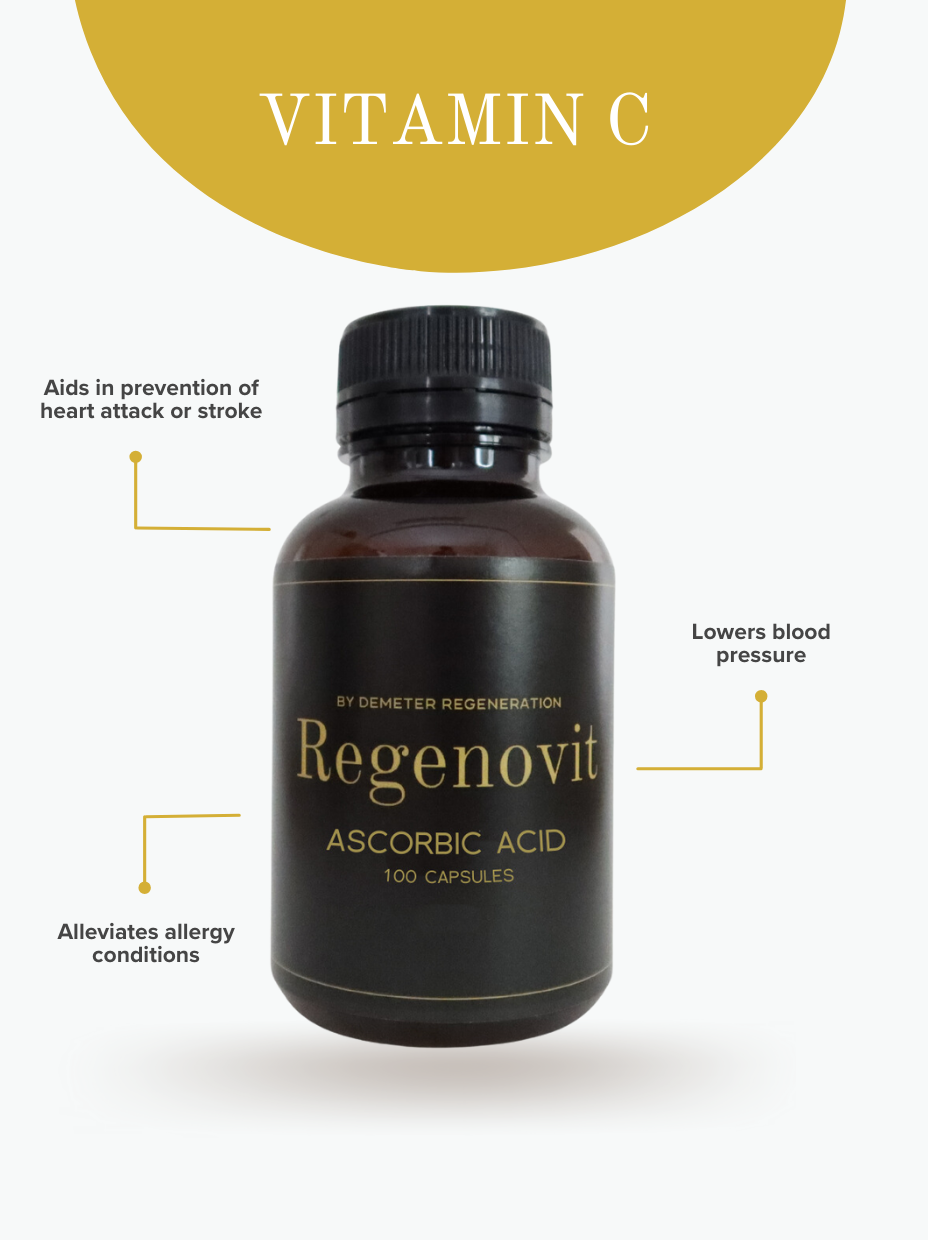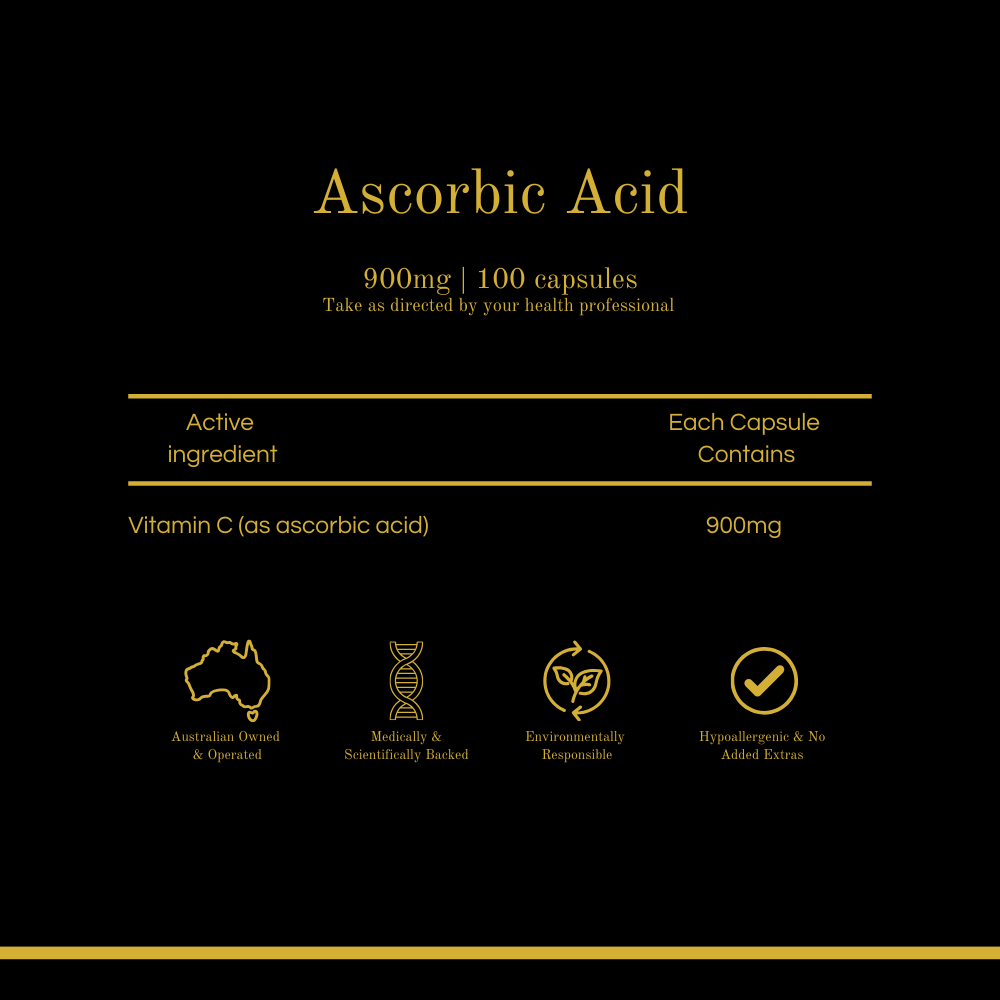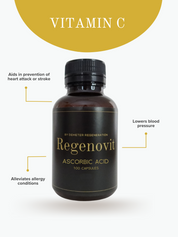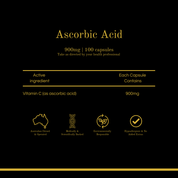Curious about Vitamin C? Answering common questions

One of the earliest clinical trials of Vitamin C took place aboard a sailing ship in 1747.
Scurvy caused terrible loss of life among sailors. Though there were plenty of fruit and vegetables at the start of a journey, these were quickly consumed, meaning diets deteriorated as the voyage went on.
On a lengthy voyage, it wasn’t uncommon to lose half the crew to scurvy, a disease caused by a serious lack of Vitamin C. It could be much worse, though. One commander returned from a 4-year voyage in 1744 with only 188 of his original crew of 1854 men as most had died from a "luxuriancy of funguous flesh...putrid gums and...the most dreadful terrors".
Aboard HMS Salisbury in 1747, Dr James Lind divided twelve sailors suffering from scurvy into 6 pairs and prescribed each pair a different ‘dietary supplement’ such as cider, sea water(!) or what sounds like a rather unappetising paste made from garlic, mustard, horse-radish, balsam of Peru and gum myrrh.
While their new diet did nothing for most sailors in the experiment, one pair prescribed two oranges and a lemon each day made an impressive recovery. Citrus fruit is high in Vitamin C. After just a week of increasing their Vitamin C intake, those two sailors were well enough to nurse their shipmates.
By 1795, the Royal Navy mandated that each sailor drank a daily ration of lemon or lime juice to prevent scurvy, mixing it into their grog ration to ensure they drank it. British sailors even earned the nickname ‘Limeys’ as a result.
What is Vitamin C good for?
Vitamin C (ascorbic acid) is an essential nutrient. Your body can’t make Vitamin C so you must get it from your diet.
- Form blood vessels and muscle
- Make collagen in your bones
- Aid the healing process
- Support a strong immune system
- Promote healthy skin
- Absorb and store iron
- Protect against free radicals – Vitamin C is an antioxidant.
Vitamin C for skin health
Vitamin C does many things for the skin, including:
- Helping wounds heal
- Reducing molecular damage caused by sunlight (UV damage)
- Regulating collagen production, which promotes elasticity and hydration and may help maintain a youthful complexion.
Vitamin C and immune health
Vitamin C may support your immune system by encouraging the production of white blood cells which help protect against infection. It may also help those white blood cells function more effectively and protect them against damage caused by free radicals (harmful molecules).
Does Vitamin C help with a cold? It may not directly prevent a cold, but it does help your immune system function better and may reduce the duration and severity of your illness.
Vitamin C and iron absorption
Iron is a mineral that helps your body make a protein in your red blood cells, enabling them to carry oxygen around your body. Low iron levels may reduce your energy levels, make you feel breathless and increase your risk of infection.
You need more iron if you:
- Have periods
- Are pregnant or breastfeeding
- Follow a vegetarian or vegan diet.
Iron isn’t always easily absorbed. Tannins found in coffee, tea and wine, for example, can block its absorption. That’s the beauty of Vitamin C; It aids iron absorption, ensuring your body can function at its best.
How much Vitamin C do you need per day?
The amount of Vitamin C you need per day depends on your age.
Adult men tend to need about 90 mg per day while adult women need 75 mg. If you’re pregnant or breastfeeding – or if you smoke – you’ll need more.
How much Vitamin C is too much?
While it’s widely known that too little Vitamin C is bad for your health, too much can also cause difficulties. An excess of Vitamin C may cause diarrhoea, nausea and stomach cramps. If you have haemochromatosis, a condition where your body stores too much iron, excess Vitamin C can worsen iron overload and damage tissues.
A Vitamin C dose of 2000 mg is considered too much. That’s far above the recommended 75-90 mg per day for adult women and men.
Vitamin C supplements may also interfere with other medication you take. Be sure to check with your doctor first if you take any other medications.
Best sources of Vitamin C
Fruit and vegetables are the best source of Vitamin C. Foods rich in Vitamin C include:- Citrus fruit – oranges, grapefruit, lemons, limes and kiwis
- Green peppers
- Strawberries
- Baked potatoes
- Tomatoes
- Broccoli.
Introducing Regenovit ascorbic acid
If you need more Vitamin C, you may consider taking a supplement.
Regenovit’s ascorbic acid (Vitamin C) contains 900 mg in each capsule. There are no additives, fillers, excipients or inactive ingredients.
All Regenovit products are compounded to order. That means your product is made freshly for you. Our doctors or pharmacists review each order and can advise you if you’re taking any medications that may interact with Regenovit’s supplements. That reduces risk and gives you peace of mind about your health.
Boost your Vitamin C today.
Disclaimer
All information is general and not intended as a substitute for professional advice.
References
-
US Naval Institute, Finding the cure for scurvy, https://www.usni.org/magazines/naval-history-magazine/2021/february/finding-cure-scurvy, [Accessed 31 July 2024]
-
BBC News, James Lind: the man who helped cure scurvy with lemons, https://www.bbc.com/news/uk-england-37320399, [Accessed 31 July 2024]
-
Cleveland Clinic, Scurvy, https://my.clevelandclinic.org/health/diseases/24318-scurvy, [Accessed 31 July 2024]
-
Mayo Clinic, Vitamin C, https://www.mayoclinic.org/drugs-supplements-vitamin-c/art-20363932#, [Accessed 31 July 2024]
-
Oregon State University, Vitamin C and skin health, https://lpi.oregonstate.edu/mic/health-disease/skin-health/vitamin-C#, [Accessed 31 July 2024]
-
Healthline, 7 impressive ways Vitamin C benefits your body, https://www.healthline.com/nutrition/vitamin-c-benefits#6.-Boosts-immunity–, [Accessed 31 July 2024]
-
Mayo Clinic, Can Vitamin C keep the common cold away? https://newsnetwork.mayoclinic.org/discussion/mayo-clinic-minute-can-vitamin-c-keep-the-common-cold-away/, [Accessed 31 July 2024]
-
Healthline, What you need to know about iron, https://www.healthline.com/health/iron-nutrient, [Accessed 31 July 2024]
-
Healthdirect, Iron deficiency, https://www.healthdirect.gov.au/iron-deficiency, [Accessed 31 July 2024]
-
National Institutes of Health, Vitamin C factsheet, https://ods.od.nih.gov/factsheets/VitaminC-Consumer/, [Accessed 31 July 2024]
-
Healthline, Is it possible to have a Vitamin C overdose? https://www.healthline.com/health/food-nutrition/is-it-possible-to-have-a-vitamin-c-overdose#Other-Ways-to-Boost-Your-Immune-System, [Accessed 31 July 2024]



